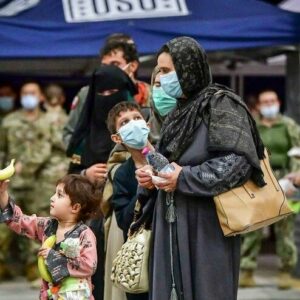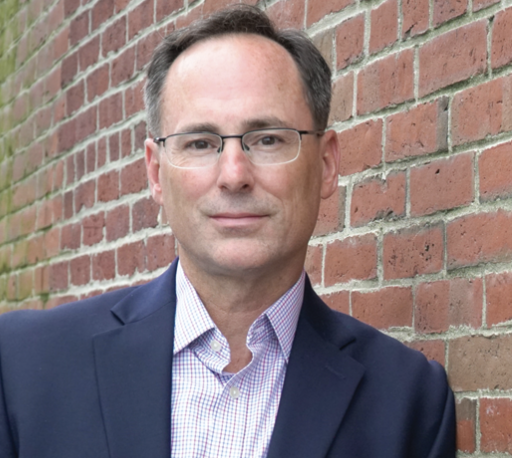As the federal government works to resettle Afghans who fled the Taliban, New Hampshire officials should ask Washington to send us more than our share.
From a humanitarian standpoint, the appeal is obvious. Giving refuge to freedom-loving people ill-treated by their own government is a tradition woven into the fabric of the nation.
For New Hampshire, there is an additional practical appeal. The state is desperate for people.
New Hampshire’s population growth in the last decade was the state’s lowest in a century. From 1960-2000, the state’s population roughly doubled, and from 1960-1990 it grew by more than 20% per decade.
But from 2010-2020, the growth rate was down to 4.5%. That was the lowest growth rate since 1910-20, when it was a paltry 2.9%.
New Hampshire has enjoyed sustained economic growth because people continued to relocate here. Close to 60% of New Hampshire’s population was born out-of-state. In the rest of New England, with its lower economic growth, the percentages are reversed, and about 60% of the population is native-born.
In the last decade, immigration accounted for 89% of New Hampshire’s population growth, according to an analysis of Census data by the Carsey School of Public Policy at UNH.
Granite Staters aren’t having enough children to sustain a vibrant economy we’ve built here. New Hampshire has the second-lowest birth rate in the nation, at 8.8 live births per 1,000 people. That puts us just a hair behind the state with the nation’s lowest birth rate — Vermont. Its rate is 8.7.
Were New Hampshire a country, it would have one of the lowest birth rates in the world. Our rate is lower than that of many Eastern Bloc countries whose populations and economies have been decimated by decades of misrule, corruption and poverty, including Latvia, Croatia, Romania, Slovakia, Ukraine and Belarus.
The state’s economy has helped to counter the shrinking birth rate, and the foreign-born have always been an important part of the state’s immigrant population.
In 1900, 21% of New Hampshire’s population was foreign-born, according to data compiled by the Carsey Institute at UNH. That has fallen to around 6%.
In the late 1800s, mill owners aggressively recruited foreign immigrants as Granite Staters moved away for better opportunities. The state even got into the act, creating a Commissioner of Immigration in an attempt to revive the declining agricultural sector.
As early as the mid-1800s, New Hampshire and other New England states relied on immigration (often from what were then-considered less-desirable populations, including Irish, Germans, French-Canadians and Poles). In his 1871 book on farming, Horace Greeley wrote that in some New England townships, farm work was “done mainly by foreign-born employees.”
The state’s economy is in much better shape today, but our massive labor shortage represents a threat to future growth.
New Hampshire has tens of thousands of job openings. A search on glassdoor.com shows more than 30,000 openings, and indeed.com shows more than 40,000. Yet the state’s latest employment report showed only 22,210 unemployed Granite Staters and an unemployment rate of 3%.
Afghan immigrants have a long and successful record of migration to the United States. The crime rate of Afghan immigrants is 11.6 times lower than the crime rate of native-born Americans, according to crime data analyzed by Alex Nowrasteh and Michelangelo Landgrave of the Cato Institute.
During the Cold War, the United States prioritized refugees from Communist countries and screened them for Communist sympathies and associations. Cuban and Vietnamese refugees famously became two extraordinarily patriotic refugee groups after being resettled in the United States.
Similarly, Afghan refugees are screened twice for jihadist sympathies and terrorist connections, once overseas and again after arriving in the United States.
New Hampshire expects only 100-200 Afghan refugees. Even10 times that number would not be enough to provide a statewide economic lift. But for the businesses desperate for help, every hire matters.
And if there’s any group of people who should be welcomed in the “Live free or die” state, it is refugees who literally lived that motto by risking their lives for freedom.





